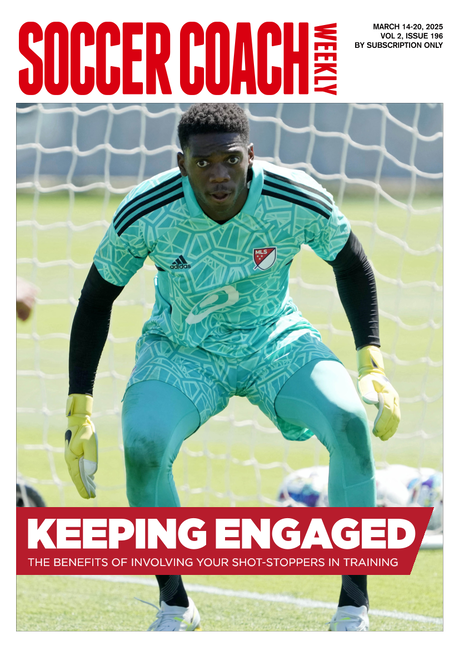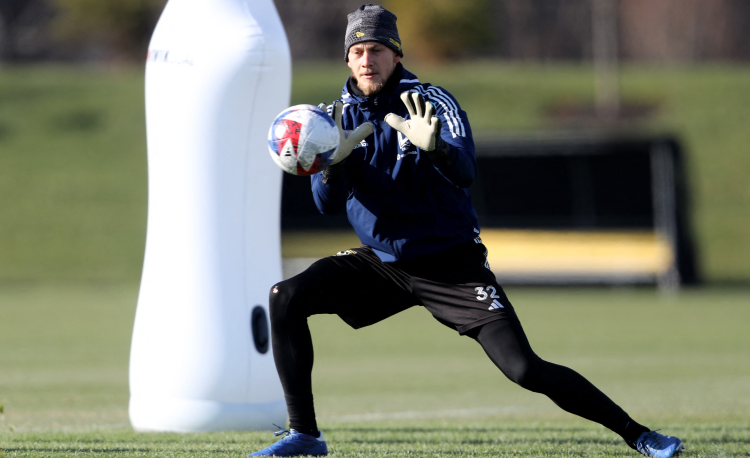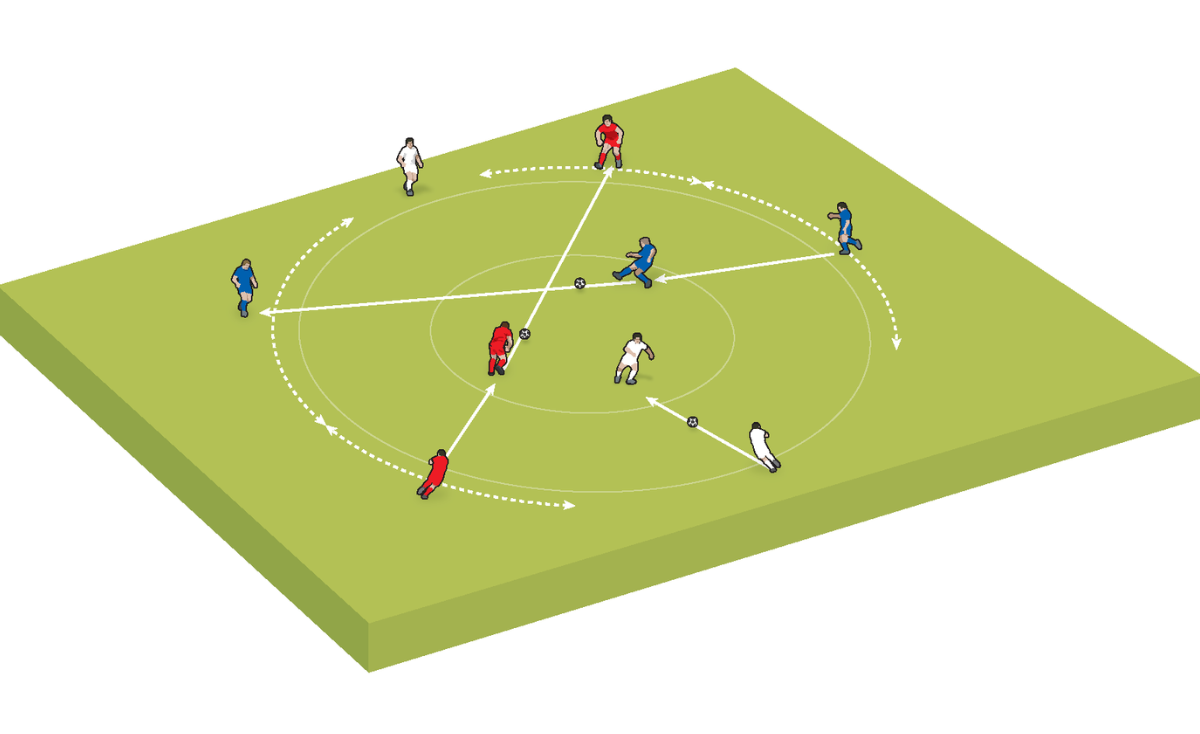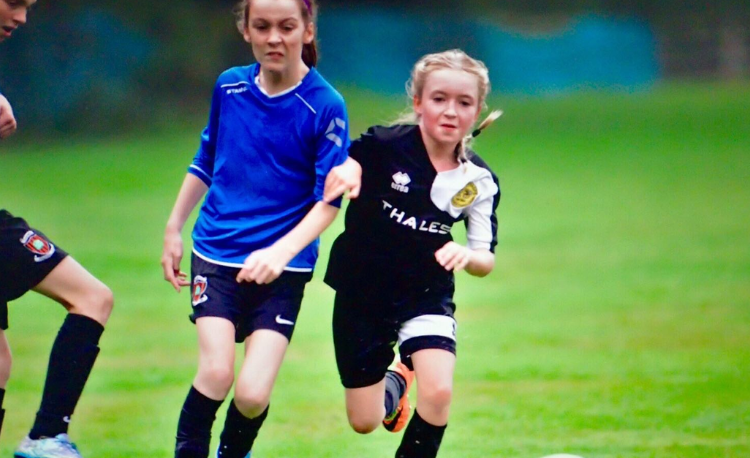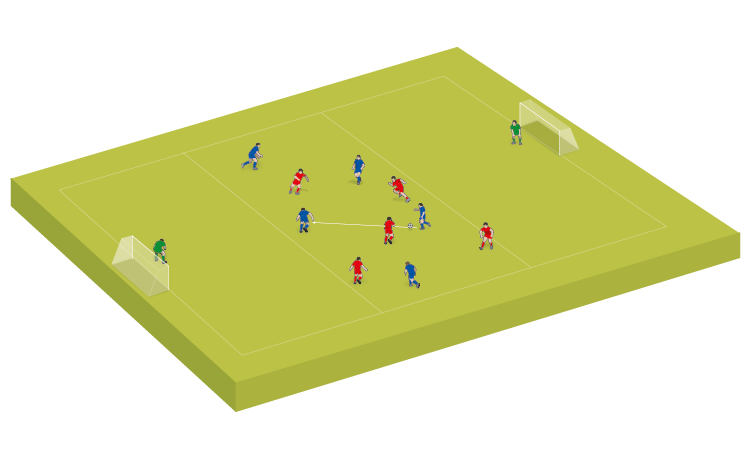A US Soccer coach educator on the rise of women in coaching
US Soccer coach educator, and former St. Kitts and Nevis Women’s head coach, Jené Baclawski tells Samantha Snow that female coaching is on the rise.
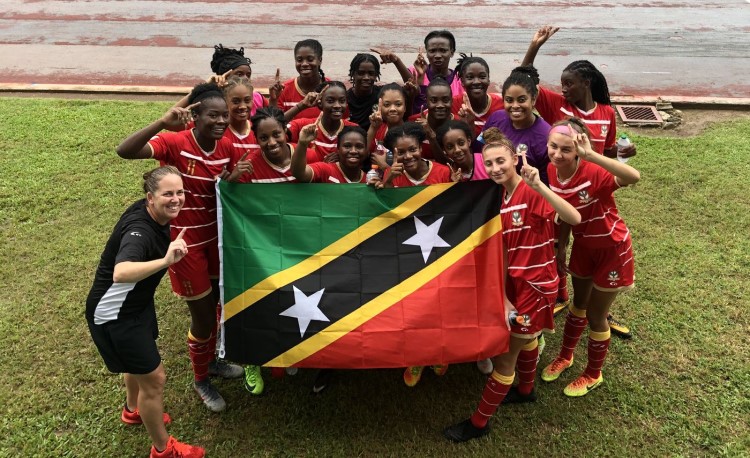
Jené Baclawski is a senior coach educator for US Soccer where she oversees the C License coaching course and leadership task pathway and leads the SheChampions Program, which is focused on promoting gender equality in soccer.
Jené is also a doctor of education in kinesiology, the former head coach of the Saint Kitts and Nevis women’s national team and the former South Texas technical director. Additionally, she holds the USSF A Coaching License, USSF Youth Coaching License, and USSF Educator License.
Sam Snow caught up with Jené to talk about her coaching background, her role working with Saint Kitts and Nevis and why coach education is so vital...
SS: When did you decide that you wanted to become a coach?
JB: I had phenomenal women coaches at Martin High School in Arlington, Texas - Ruth Knight and Karen Gehrt. Despite that, I never thought coaching was for me.
I actually had a negative experience in college, which I don’t want to focus on too much. I was standing on the field during pre-season and a voice spoke so loudly to me. It said: "You could do this better". So I did!
I was standing on the field during pre-season and a voice spoke so loudly to me. It said: "You could do this better". So I did!
I thought I could be a role model for girls and be a positive presence, more so than what I had at that moment. I thought I could respect players, teach them the game, motivate them to perform and have an outlet for my extreme competitiveness.
After that, I started coaching middle school soccer and U11s outside of Atlanta, Georgia. I ran into an incredible advocate named Jay Miller who happened to be the director of coaching of the club.
Jay is a legend. He basically supported me, encouraged me to get my coaching licenses and wouldn’t let me leave the club.
He believed in me and, without him, I would probably never have considered coaching, or even a profession in soccer after my playing career ended.
If it wasn’t for him, I wouldn’t have got my licenses and met Sue Patberg, who was the head coach at Emory University in Atlanta. She opened the door for me to the college environment which propelled me on that path. I am super grateful for her mentorship.
SS: You have had a major role in developing the women’s game in the US and abroad, working with the Saint Kitts and Nevis national team. Can you share more about that experience?
JB: I coached the Saint Kitts and Nevis women’s senior team from 2019 to 2021, but 2021 was canceled due to international travel restrictions with the Covid-19 pandemic. My last event with the team was in February 2020, just before everything shut down.
The SKNFA is a federation that sees real value in prioritizing programming and funding for women but my role was never intended to be permanent.
I truly believe more leaders in all federations should prioritize initiatives specific to women’s football.
I think that coming in to help provide coaching, strategic planning and organization will pay forward for the women’s senior and youth national team programs.
Thank you for reading
to enjoy 3 free articles,
our weekly newsletter, and a free coaching e-book
Or if you are already a subscriber, login for full access
Newsletter Sign Up
Coaches Testimonials

Gerald Kearney, Downtown Las Vegas Soccer Club

Paul Butler, Florida, USA

Rick Shields, Springboro, USA

Tony Green, Pierrefonds Titans, Quebec, Canada
Subscribe Today
Discover the simple way to become a more effective, more successful soccer coach
In a recent survey 89% of subscribers said Soccer Coach Weekly makes them more confident, 91% said Soccer Coach Weekly makes them a more effective coach and 93% said Soccer Coach Weekly makes them more inspired.
*includes 3 coaching manuals
Get Weekly Inspiration
All the latest techniques and approaches
Soccer Coach Weekly offers proven and easy to use soccer drills, coaching sessions, practice plans, small-sided games, warm-ups, training tips and advice.
We've been at the cutting edge of soccer coaching since we launched in 2007, creating resources for the grassroots youth coach, following best practice from around the world and insights from the professional game.
